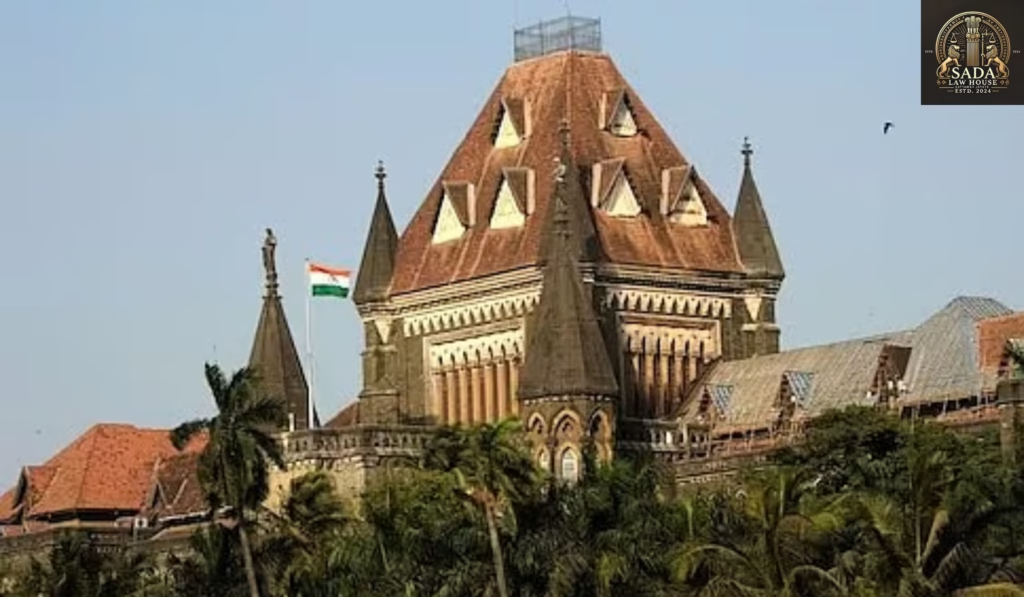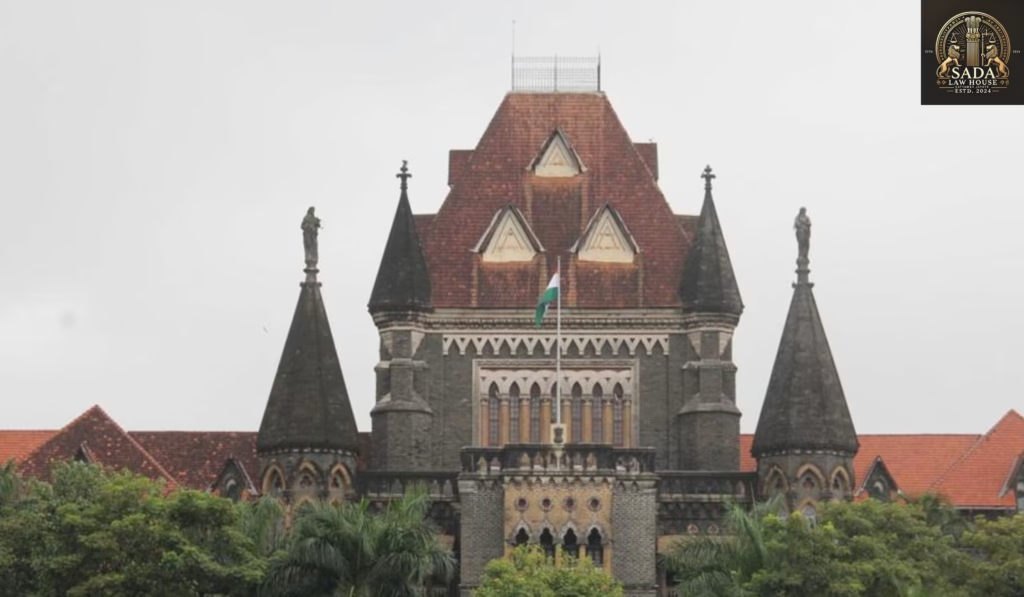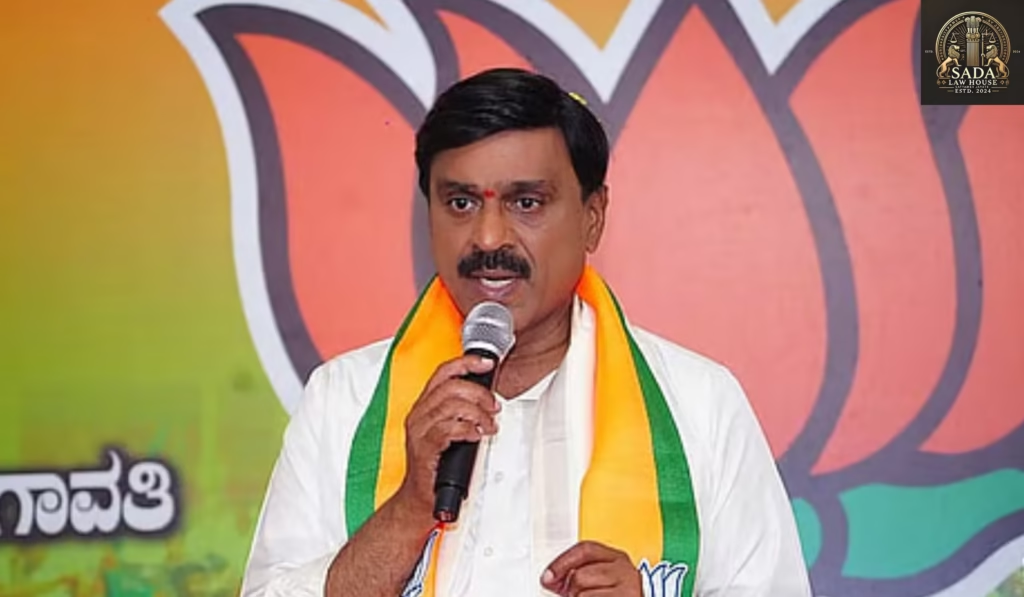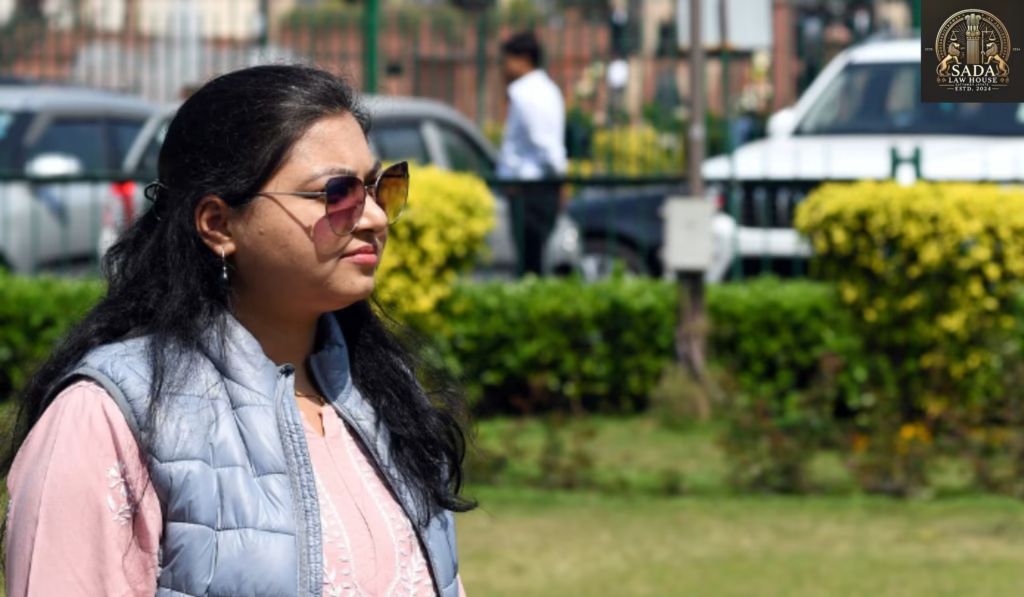Bombay High Court Halts BMC Demolition Over Alleged Illegal Structures Amid Procedural Dispute
Trending Today Bombay High Court Halts BMC Demolition Over Alleged Illegal Structures Amid Procedural Dispute Madras High Court Seeks Tamil Nadu’s Response on Facial Recognition in Policing Amid Privacy Concerns Madras High Court Seeks Tamil Nadu Govt’s Response on PIL Challenging Facial Recognition in Policing Supreme Court Affirms Maternity Leave as Constitutional Right, Even for Third Child Supreme Court Grants Bail to Bengaluru Stampede Executives, Emphasizes Due Process and Fair Arrests Supreme Court Stays ₹317 Crore VAT Demand on Antrix, Safeguarding India’s Space Commerce Growth Supreme Court Upholds POCSO Case Against Judge, Reinforces Child Protection and Judicial Accountability Supreme Court Rules Land Registration Isn’t Proof of Ownership: Legal Documentation Still Essential Supreme Court to Decide on Consecutive Life Sentences: Landmark Case on Criminal Sentencing in India Supreme Court Grants Bail to Andhra Journalist Over Controversial TV Show Remarks Bombay High Court Halts BMC Demolition Drive Over Alleged Illegal Structures KASHISH JAHAN 16 June 2025 The Bombay High Court has ordered the Brihanmumbai Municipal Corporation (BMC) to maintain status quo on the demolition of allegedly illegal structures in Mumbai. Learn how this legal battle impacts property rights, due process, and urban development. Bombay High Court Halts BMC Demolition Drive Over Alleged Illegal Structures In a significant legal development, the Bombay High Court has directed the Brihanmumbai Municipal Corporation (BMC) to maintain status quo regarding the demolition of structures in a prime Mumbai locality. These structures were allegedly unauthorised, but petitioners argue they are protected under existing amnesty schemes and that proper legal procedures were not followed. Legal Concerns Over Due Process in BMC’s Demolition Notices The High Court, while reviewing the case, observed prima facie evidence of procedural lapses in both the issuance and execution of demolition orders. Petitioners highlighted key legal flaws and claimed protection under previous regularisation policies, questioning the BMC’s compliance with legal norms. This observation points to a broader concern about due process and transparency in municipal governance—especially in a city grappling with rapid urban development and legal grey areas around construction norms. Urban Development vs Property Rights: A Delicate Balance This case underscores the tension between urban regulatory bodies and the rights of citizens. As municipalities push forward with infrastructure development and anti-encroachment drives, legal safeguards surrounding property rights and fair treatment remain paramount. The court’s interim order offers the petitioners critical relief and an opportunity to defend their claims. Legal experts believe that the final ruling could have wide-ranging implications for how amnesty schemes are interpreted and the extent of municipal powers in future demolition efforts. What This Means for Property Owners in India The outcome of this case could serve as a precedent, offering clarity on the rights of property owners affected by similar actions in urban areas. It could influence future legal interpretations of amnesty schemes, impact BMC’s administrative practices, and shape broader policies on urban land use and citizen protection. As the matter awaits further hearings, stakeholders across India—especially in fast-growing cities—will be watching closely. Leave a Reply Cancel Reply Logged in as Sada Law. Edit your profile. Log out? Required fields are marked * Message* Live Cases Bombay High Court Halts BMC Demolition Over Alleged Illegal Structures Amid Procedural Dispute Sada Law • June 16, 2025 • Live cases • No Comments Madras High Court Seeks Tamil Nadu’s Response on Facial Recognition in Policing Amid Privacy Concerns Sada Law • June 16, 2025 • Live cases • No Comments Madras High Court Seeks Tamil Nadu Govt’s Response on PIL Challenging Facial Recognition in Policing Sada Law • June 16, 2025 • Live cases • No Comments 1 2 3 … 5 Next »




